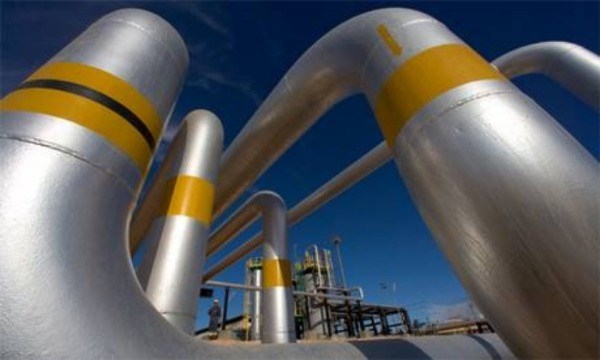Mongolia rejects 'Power of Siberia-2' gas pipeline, deals major blow to Russia's energy ambitions
In a significant setback for Moscow, Mongolia has definitively rejected the proposal to build the "Power of Siberia-2" gas pipeline. The Chinese newspaper South China Morning Post has reported that Mongolia has officially excluded the pipeline from its long-term plans extending up to 2028.
Experts interpret Mongolia’s decision as the final rejection of the contentious project, which was seen as a financial lifeline for a Russia grappling with sanctions. Losing access to the European gas market has cost Russia hundreds of billions of dollars and attempts to replace these revenues by expanding into the Chinese market have not borne fruit. Despite multiple proposals from President Putin, Beijing has consistently turned down the idea.
For Moscow, the need for new revenue and markets is urgent, but the project’s realization remains elusive. The proposed pipeline route, stretching 2,594 kilometers, would primarily traverse Mongolia, a landlocked nation. Yet, China has adamantly refused to discuss any project involving Mongolian territory for transit.
"We are entering a prolonged pause where Moscow no longer believes it can secure the desired deal from Beijing, likely postponing the project until more favorable times," says former Mongolian National Security Council employee Munkhnaran Bayarlkhagva.
He suspects that Beijing's reluctance could be partly due to Gazprom's perceived intentions to unilaterally control the Mongolian segment of the pipeline.
"This would mean a sudden and prolonged increase in Moscow's influence in Mongolia at Beijing's expense," Bayarlkhagva notes. "While never explicitly stated, it would have been 'fair' to include the Chinese in developing the Mongolian section from the start."
Shanghai Academy of Social Sciences researcher Li Lifang adds, “Mongolia hopes for investments from both China and Russia, but Russia lacks the funds, and China is not rushing to build the pipeline.”
With Russia's substantial fossil fuel reserves, the energy sector is a critical aspect of its economic relationship with China. In fact, China imported 75.4 million tons of natural gas in the first seven months of this year alone. Fuel trade is expected to be a significant agenda topic during Chinese Premier Li Qiang’s visit to Moscow on Tuesday.
